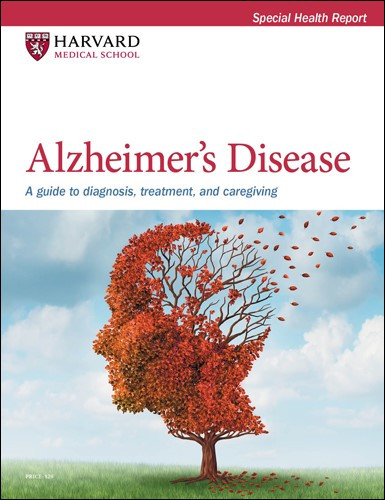Staying socially active linked to delayed dementia diagnosis
News briefs
- Reviewed by Anthony L. Komaroff, MD, Editor in Chief, Harvard Health Letter; Editorial Advisory Board Member, Harvard Health Publishing

Having lunch with a friend and volunteering in your community are more than just fun activities. They are powerful tools of social connection that keep your brain engaged and help stave off dementia. But for how long? A study published in the January 2025 issue of Alzheimer's and Dementia aimed to find out. The research involved almost 2,000 dementia-free people (average age 80) who were followed for about seven years. Each year, participants underwent health and cognition assessments and reported how often they'd taken part in social activities such as visiting friends, going to restaurants, and volunteering. During the study, about a third of the participants developed either dementia or its precursor stage, mild cognitive impairment. The least socially active participants received that diagnosis about five years before those who were the most socially active. The study is observational and can't prove causation. But being social makes you feel good and helps reduce loneliness and isolation—two risk factors for many chronic diseases and even early death.
Image: © Ariel Skelley/Getty Images
About the Author

Heidi Godman, Executive Editor, Harvard Health Letter
About the Reviewer

Anthony L. Komaroff, MD, Editor in Chief, Harvard Health Letter; Editorial Advisory Board Member, Harvard Health Publishing
Disclaimer:
As a service to our readers, Harvard Health Publishing provides access to our library of archived content. Please note the date of last review or update on all articles.
No content on this site, regardless of date, should ever be used as a substitute for direct medical advice from your doctor or other qualified clinician.
















